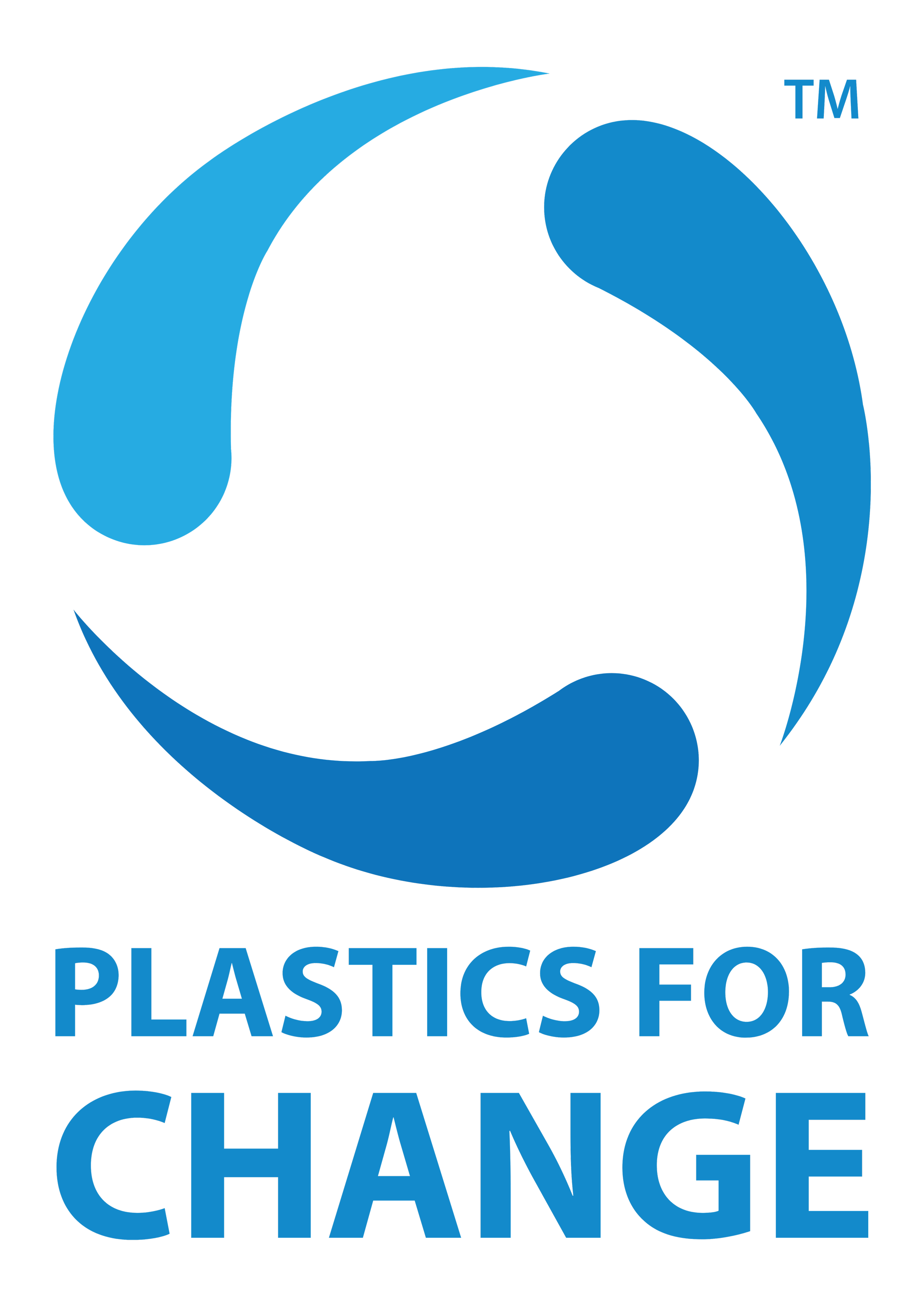Why Certifications in the Recycling Industry Should Be Your Brand’s Guiding Light
(Source Credits: Plastics For Change)
The recycling industry often seems like a shining example of environmental responsibility. But the truth behind the scenes is much darker. Beneath the surface, there are countless issues—exploitation, poor labour conditions, and even environmental harm.
The heart of the recycling industry is the informal waste collectors—the often-overlooked individuals who keep cities clean and reduce waste. But they face harsh realities. Many work in unsafe conditions, receive shockingly low wages, and have little to no job security. In some developing countries, waste collectors earn as little as $3 a day, despite the essential role they play in waste management.
On top of the human costs, the environmental impact of the recycling industry is also troubling. Despite its supposed mission to reduce waste, millions of tons of plastic still end up in the oceans, harming marine life and entering the food chain. This gap between promise and reality has left consumers increasingly sceptical, often suspecting brands of greenwashing.
Amid these issues, certifications from reputable organisations are making a difference. Zero Plastic Oceans (ZPO), a recognized nonprofit, provides standards like Ocean Bound Plastic (OBP) and Social+ OBP, which help companies meet high social and environmental benchmarks. By partnering with ZPO-certified organisations, brands can ensure accountability and earn consumer trust.
Ocean Bound Plastic (OBP) Certification: OBP certification by ZPO applies to organisations that collect and recycle plastic waste at risk of entering oceans. This certification verifies that OBP waste is ethically and sustainably turned into new products, ensuring:
No child labour
Fair payments and conditions for waste collectors
Responsible waste management and adherence to environmental standards
Quality management systems
Traceability throughout the recycling process
Through OBP certification, companies contribute to reducing ocean pollution, creating a circular economy, and helping achieve the UN Sustainable Development Goals, especially SDG 14: Life Below Water.
Social+ Ocean Bound Plastic (Social+ OBP): Raising the Standards for Inclusiveness
The Social+ OBP certification, introduced by ZPO, adds another layer to the OBP program. Developed specifically to address the needs of informal collectors, this certification includes new requirements that support both informal and formal workers. Social+ OBP goes beyond environmental concerns to promote inclusivity and ethical practices by ensuring that:
Children’s rights and opportunities are protected
Informal collectors receive support and training to improve their livelihoods
Health and safety measures are in place for informal collectors
Waste collectors are paid fairly and treated respectfully
Formal employees benefit from strong social and ethical protections
Social+ OBP certified organisations set new standards for the treatment and safety of the workforce, driving a shift toward fair, safe, and supportive conditions for all workers in the recycling chain.
Why Brands Should Choose ZPO Certified Recyclers
Today, brands must prioritise sustainable practices. Partnering with ZPO-certified recyclers enables them to:
Ensure responsible waste management with positive impacts on both people and the planet
Build transparency and accountability, which consumers value highly
Align with global goals for sustainability, such as the UN SDGs
Show they are committed to ethical practices, gaining a competitive edge in the market
Plastics for Change: The World’s First Social+ OBP Certified Company
Plastics for Change empowers waste collectors and prevents ocean plastic pollution and also sets a groundbreaking standard for ethical and sustainable practices in the recycling industry. Their leadership is evident in their contributions to several UN Sustainable Development Goals, including:
SDG 1: No Poverty
SDG 8: Decent Work and Economic Growth
SDG 12: Responsible Consumption and Production
SDG 13: Climate Action
SDG 14: Life Below Water
SDG 15: Life on Land
For brands and consumers eager to make a positive impact, Plastics for Change’s verified certifications serve as a guiding light, ensuring that recycled materials are sourced and handled in ways that truly benefit both people and the planet.

